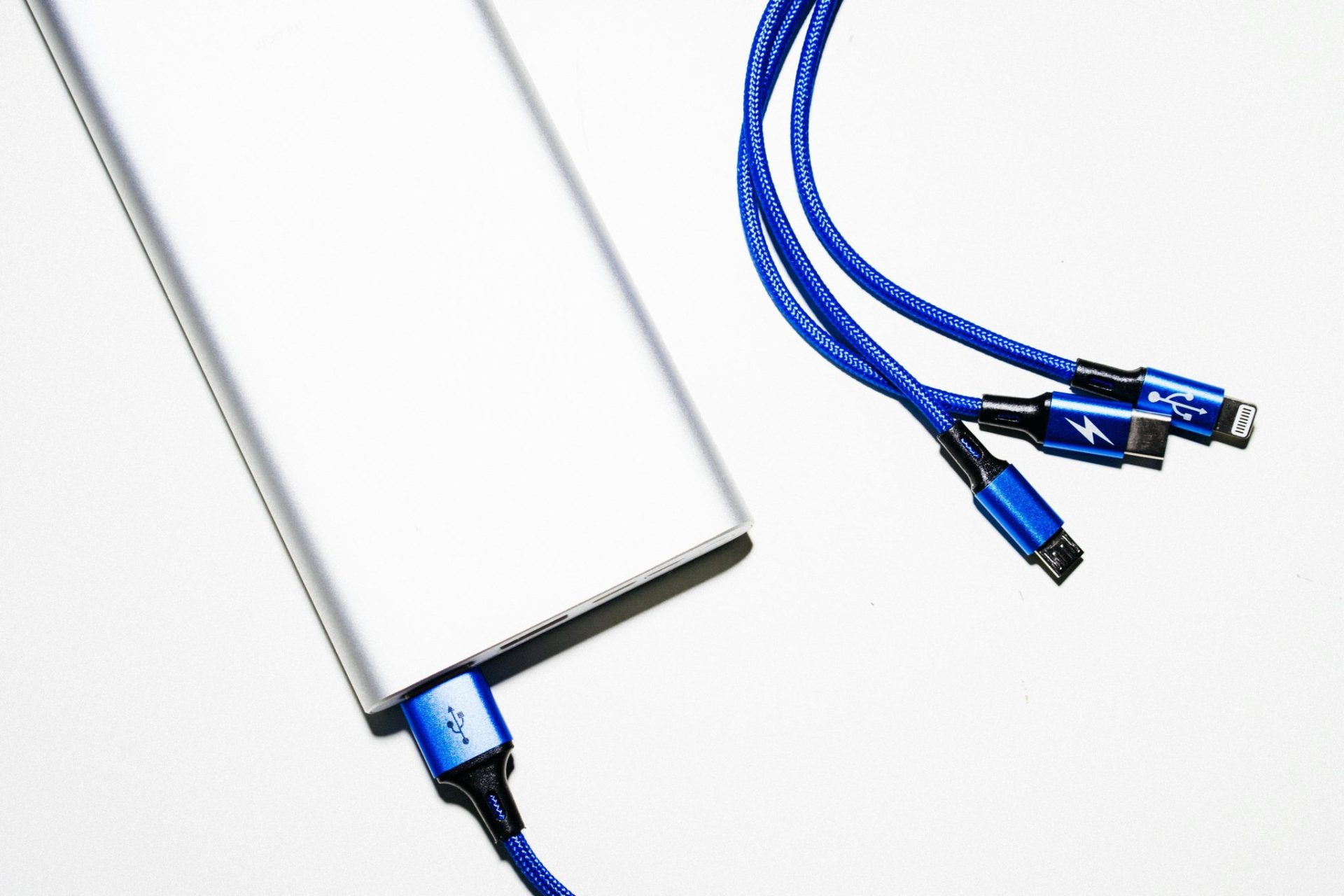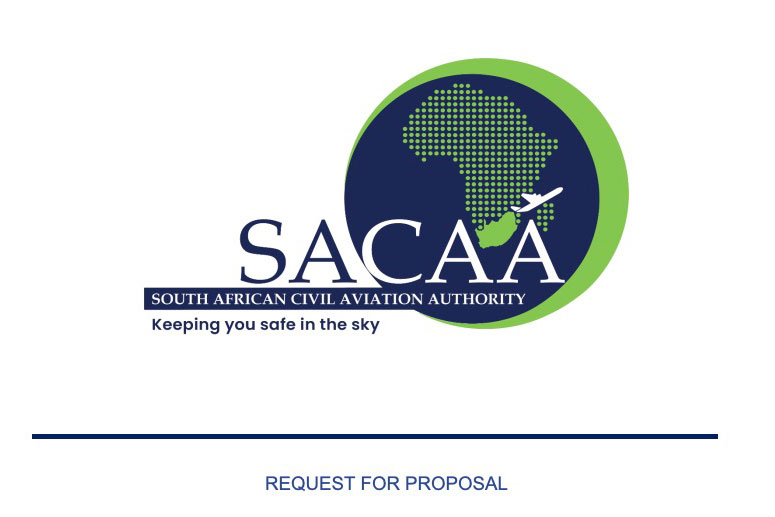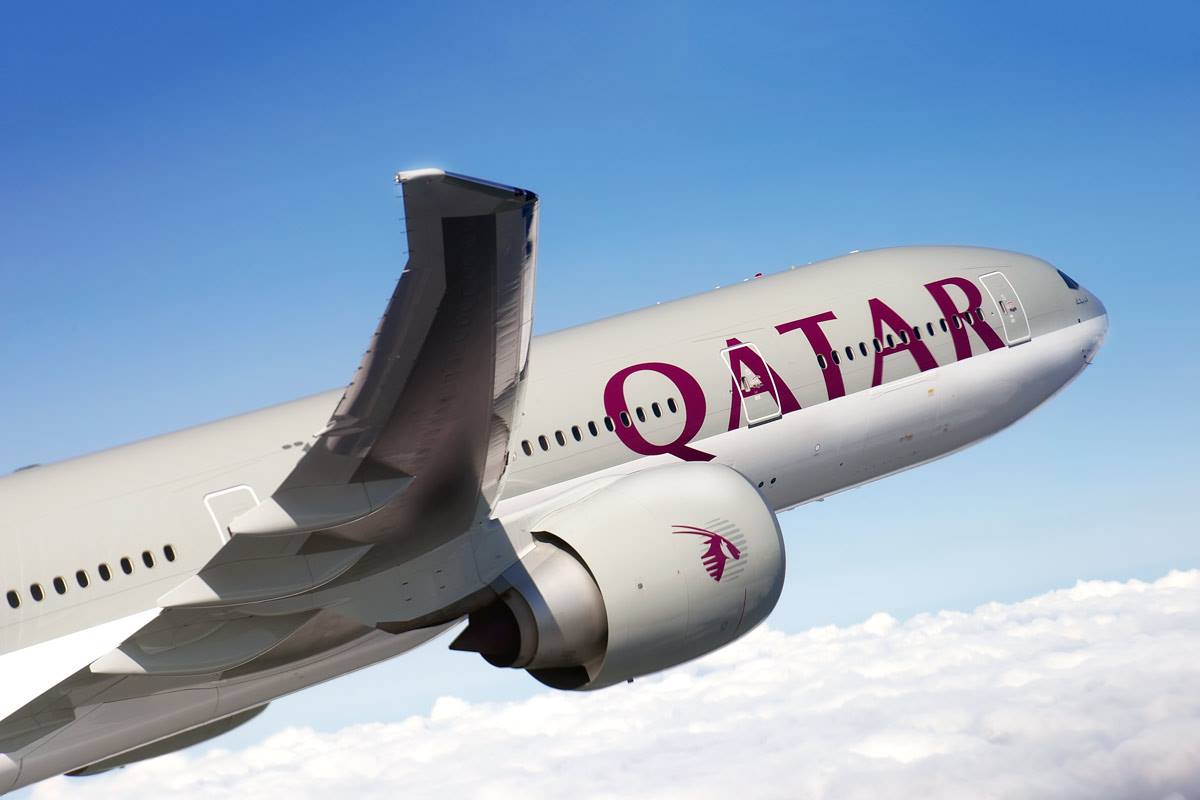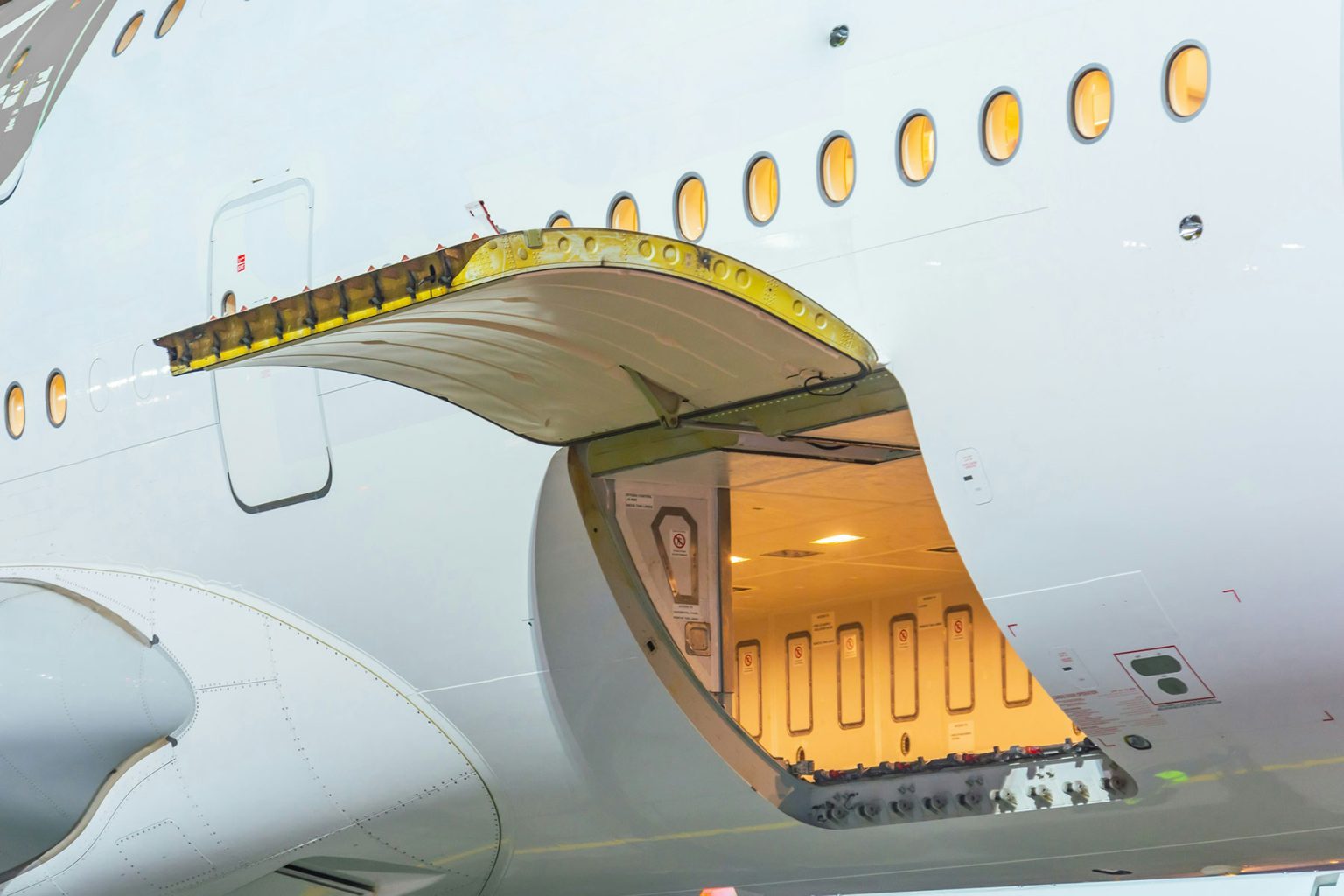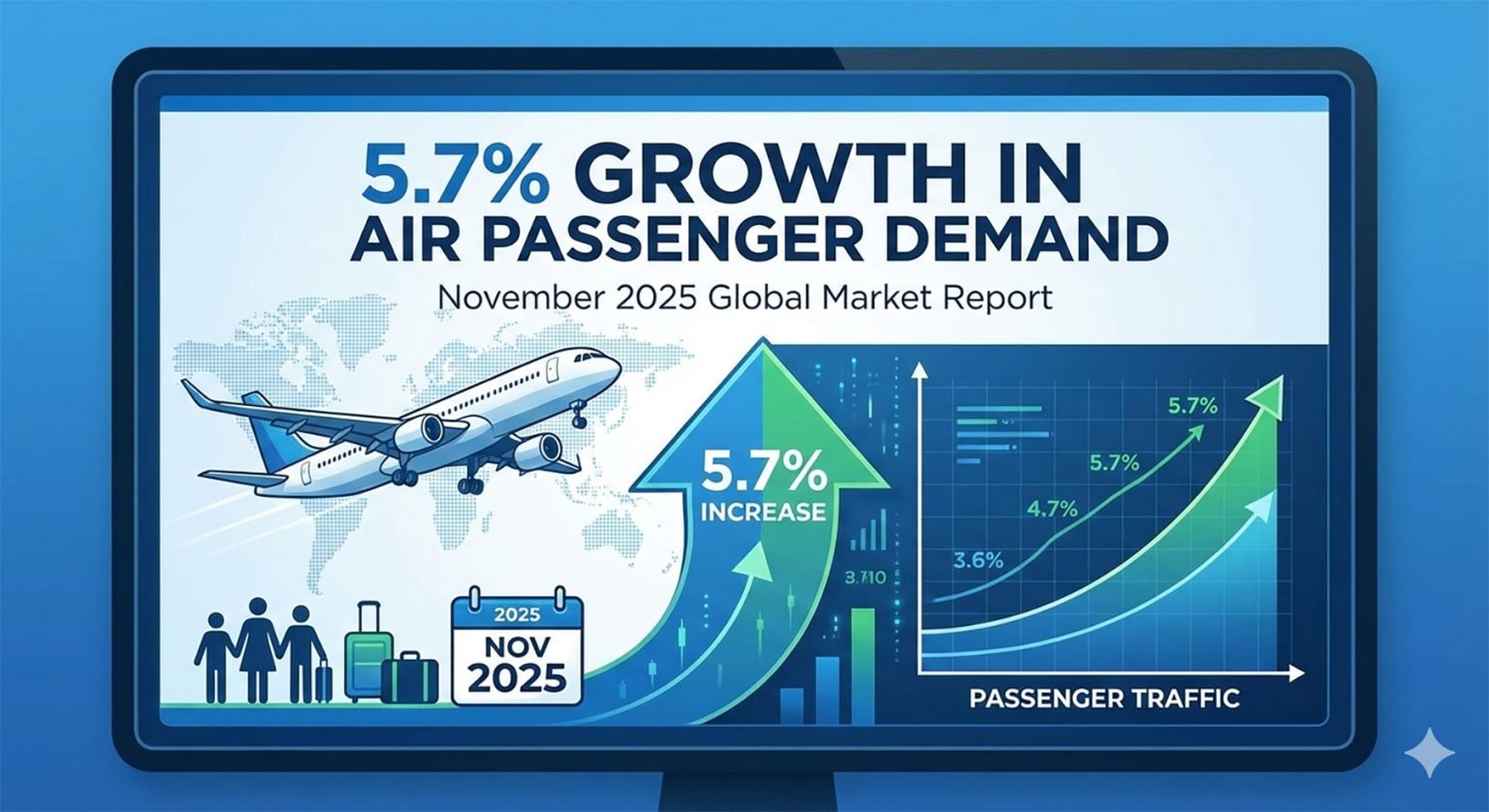The International Air Transport Association (IATA) has launched a new global safety campaign — “Travel Smart with Lithium Batteries” — to raise awareness among passengers about how to travel safely with everyday electronic devices such as mobile phones, laptops, tablets, cameras and power banks.
The campaign, which will run across IATA’s website and social channels, offers seven simple safety rules and provides free, customisable materials for airlines, airports and travel partners worldwide. It comes at a time when travellers, particularly across Africa’s rapidly digitising economies, are flying with more electronic devices than ever before.
“Lithium-powered devices are safe when handled properly, but they can pose a risk if damaged or packed incorrectly,” said Nick Careen, IATA’s Senior Vice President for Operations, Safety and Security. “As more travellers fly with these devices, our Travel Smart with Lithium Batteries campaign will help airlines educate their passengers on the simple rules they must keep in mind when travelling with the electronic devices that have become an essential part of their daily lives.”
Africa’s Skyward Surge in Digital Travel
Across the continent, the intersection of air travel and digital life is becoming unmistakable. From Nairobi’s Silicon Savannah to Lagos’s tech hubs and Cape Town’s creative scene, travellers rarely board a plane without multiple gadgets and accessories.
According to IATA, 83% of global passengers carry a mobile phone, 60% travel with a laptop, and 44% bring a power bank. With Africa’s middle class expanding and regional carriers adding new routes, those figures are likely similar, or even higher, among African business and leisure travellers.
Yet the same IATA survey found persistent misconceptions that could have safety implications:
- 50% of travellers wrongly believe it’s acceptable to pack small lithium-powered devices in checked luggage.
- 45% think it’s fine to pack power banks in checked baggage.
- 33% don’t realise there are power limits on power banks and spare batteries.
These misunderstandings are particularly concerning as African aviation booms. Passenger traffic is projected to more than double over the next two decades, according to IATA forecasts, led by carriers such as Ethiopian Airlines, Kenya Airways, RwandAir and Nigeria’s Air Peace.
“This is not just a global issue, it’s a local one,” said a senior official at the African Civil Aviation Commission (AFCAC), welcoming IATA’s initiative. “Many African travellers are digital natives. We carry smartphones, tablets, drones and power banks as part of everyday life. The challenge is ensuring we all understand the right way to fly safely with them.”
Seven Simple Rules
IATA’s campaign distils the essentials into seven clear rules: pack only what you need, report damaged devices, never put lithium devices in checked baggage, protect loose batteries, remove devices if your hand luggage is gate-checked, check battery size limits, and confirm airline-specific policies.
The multilingual campaign is designed to be accessible and adaptable, airlines, airports, and media partners can use the materials freely to educate travellers through videos, posters, and social media. African carriers are expected to adopt the campaign as part of their broader passenger safety messaging.
The rules are as follows:
- Pack light: Only bring the devices and batteries you really need.
- Stay alert: If a device is hot, smoking, or damaged, tell the crew or airport staff immediately.
- Keep devices with you: Always carry phones, laptops, cameras, and other battery-powered items in your hand luggage — never in checked bags.
- Protect loose batteries: Keep spare batteries or power banks in their original packaging, or cover the terminals with tape to prevent short-circuits.
- Gate check reminder: If your hand baggage must go in the aircraft hold, remove all lithium batteries and devices first.
- Check battery size: For larger batteries (over 100 watt-hours, like those used in drones or power tools), check with your airline — approval may be required.
- Check airline rules: Regulations may differ slightly by carrier or region, so confirm your airline’s policies before you fly.
A Safe Takeoff for a Connected Continent
The Travel Smart with Lithium Batteries campaign is timely for a continent on the move. As Africa’s middle class expands and more people fly for work and leisure, the intersection between technology and travel safety becomes increasingly critical.
For now, the message from IATA is simple: keep your gadgets close and your batteries safe. As Africa’s travellers charge forward into a more connected future, a little awareness could make all the difference at 30,000 feet.
